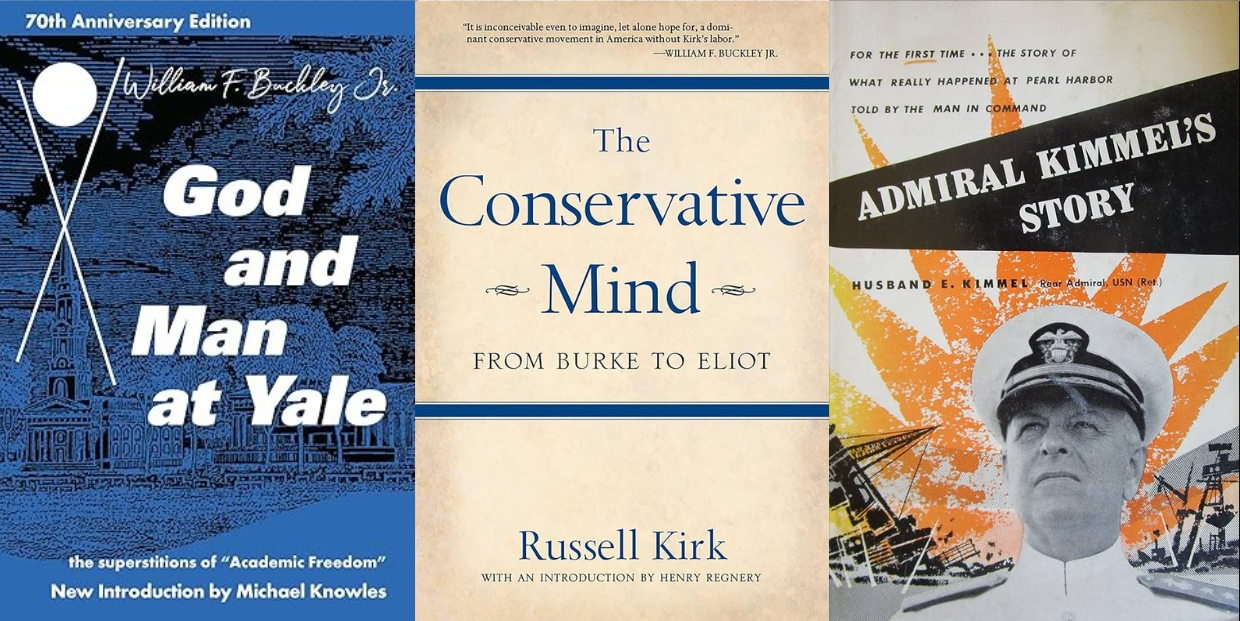Up with Authority: Why We Need Authority to Flourish as Human Beings
by Victor Lee Austin
(New York: T&T Clark, 2010)
One has to imagine his particular brand of insouciance to appreciate fully the statement, but Christopher Hitchens captures our age perfectly when claiming “one of the beginnings of human emancipation is the ability to laugh at authority . . . it is an indispensable thing.” We seem to want as little authority as possible, challenging authority to mark our autonomy, while hoping for authority’s demise and our full freedom. Authority, at its very best, is temporary, needed only for those immature or incapacitated, but certainly not constitutive of human well-being.
Given these sentiments, Victor Lee Austin, theologian-in-residence and Episcopal priest at Saint Thomas Church Fifth Avenue in New York City, posits a remarkable thesis, namely, the necessity of authority for human flourishing. Further, authority does not come from some tragic flaw or immaturity but is essential to our nature and freedom.
Austin argues his case in four domains—social, epistemic, political, and religious, although here I do not discuss his claims on religious authority—with an additional chapter devoted to the fallibility of authority. As a theologian he often adverts to religious and Christian understandings; still, his discussions are worth consideration even by those not particularly interested in religion.
According to Austin, the usual model views authority as substitutionary, needed only when things are not going well. In rejecting that model, he argues that authority becomes more necessary as persons become more capable and free. Using the conductor of a symphony as an example, he maintains that authority is needed, not because of any incompetence or ill will of the various musicians, but because decisions need to be made even though many equally plausible or reasonable options exist. While more than one possibility is correct, not all can be chosen, and someone must decide, with the other members accepting the decision or there will be no music played by the group. Of course, each musician could choose to play solo, but they cannot play as an orchestra without the conductor’s authority. As political animals, humans cannot flourish without others, and society requires authority.
Appealing to Yves Simon’s description, Austin claims that while freedom is often thought equivalent to undetermination, freedom is better defined as an increase in human capacity. A free person can do more rather than less, a condition Simon terms superdetermination. The free person chooses from a variety of real possibilities—the more freedom, the more actual capacities exist. As societies progress, members attain more capabilities and consequently more freedom. But as the possibilities increase, neither reason nor good will suffices to choose what to do. The better the orchestra, for instance, the more it requires a musical director to select pieces from its considerable repertoire, as opposed to the fledgling band capable of muddling through a very circumscribed playlist. The problem of choosing from multiple reasonable options poses particular problems for common action and the common good, where it is impossible to have every person determine the particularities of the action, although it is possible for each to will the form or broad pattern of the process of decision. Consequently, determinations must be entrusted to the authority, even when the authority wills what might not be to the advantage of this or that person.
One of the more developed sections of the book concerns epistemic authority, or authority in human knowing. Certain understandings of objectivity tend to think of epistemic authority only in the substitutionary role. A student does not know and so trusts a teacher, for instance, or the average person does not understand physics particularly well and so depends on the science writer’s explanation that the neutrino apparently travels faster than light. But we trust the knowledgeable authority, it is sometimes thought, only until we ourselves know and understand, at which point authority becomes redundant. Students are guided until they can do the work on their own, and then they guide themselves.
Austin follows closely the work of Michael Polanyi in resisting the notion that epistemic authority withers once one knows for oneself. Certainly a learner submits to others during the process of learning, but authority is not outgrown. Take a competent judge, as an example, with a complicated case to review. The range of possible interpretations is quite large, and our intelligent judge could proceed in an indefinite number of directions, many of which would be productive. Yet he does not advert to the whole range of possibilities but only to the range defined as law; limiting his focus to the law requires considering the body of judgment in the profession. Precedence helps him sift the relevant possibilities, and so he does not begin from scratch but submits to the authority of the community. In doing so, the judge performs freely and well; insofar as he does not submit to past judgments, he is undetermined but not free to be a good judge.
Like judging, any mastery of complex skills and habits is never quite reducible to a recipe that anyone can follow. Mastery requires apprenticeship, itself a submission to authority, and this occurs always by following example and tutelage. Further, mastering requisite skills and habits does not entail independence from authority, for the complexity of knowledge is so great that the collaboration needed to put it together matters enormously. The more someone has mastered a discipline, say law or physics, the more he tends to build upon the work of colleagues in the same field, utilizing the others’ work rather than merely repeating it. In fact, trusting the results of others is the condition of development and expansion in any human pursuit, otherwise we would always return to the beginning to re-create every step of thousands of years of cumulative discovery.
After his discussions of social and epistemic authority, Austin discusses political authority in a chapter heavily influenced by the theologian Oliver O’Donovan. Like O’Donovan, Austin claims that authority is neither persuasion nor coercion. While the use of power indicates some failure of authority, it does not compel adherence by means of reasonable argument either—a parent, for example, need not explain and prove to the child why he should step back from the oncoming train. Still, political authority does not embrace irrationality, for authority is grounded in intelligibility.
The intelligible grounds of authority are natural goods, truth and right, which authority helps those under its charge attain and augment. Natural goods are grounds for action; it makes sense to seek them, and so it is intelligible when authority compels others to accept those goods. Of course there are many goods and many incompatible means of attaining those same goods. Consequently, authority also attempts to discern the truth of how natural goods cohere in an ordered way, as when in politics authority must judge between the goods of private property and the good of a highway expansion. Third, political authority is grounded in the enactment and procurement of justice, of right, and can command to these ends.
Since authority augments the capacity of individuals to attain their flourishing and inaugurates the very possibility of the common good, which individuals could not attain on their own, the exercise of authority, says Austin, is capable of bringing about awe, even a kind of amazement where one is swept away by the good provided. Herein is danger, for authorities are persons and not gods, and they are always fallible.
Not only do authorities succumb to mendacity, they also simply err. While we never outgrow our need for authority, we do attain such maturity that we do not obey blindly. But our relation to flawed authority is problematic, for if we refuse to follow or render authority impotent with overly confining “safeguards” of rules and procedures, then we actually hinder the common good. Austin suggests following the model of the “loyal opposition”—those who do not agree with authority’s decision but who do not overthrow or render it impotent. Concern for the common good, he says, requires submission, even to serious error, although one need not agree with the decision.
Up with Authority has much to recommend it, perhaps especially the basic thesis of authority’s benefit. While not a notion needing defense at all times and places, a consideration of the positive function of authority would benefit us enormously. Even to speculate that authority would not wither away in a condition of perfect maturity but would rather increase is a remarkably powerful hypothesis in our cultural context. Still, given the resistance his thesis is sure to encounter, the brevity of the book coupled with the wide range of topics discussed inevitably causes underdevelopment of certain arguments. The chapter on fallibility of authority, for instance, contains some bold claims about submission, made rather quickly. This is a shame, for while Austin has ample capacity to respond to the objections, his position could be made more strongly if fleshed out in greater detail. He provides, then, a book of that rare sort, interesting and important but leaving the reader wishing for a text with more explanation, more argumentation, and more scholarly apparatus and engagement. ♦
R. J. Snell is associate professor of philosophy at Eastern University and codirector of the Agora Institute for Civic Virtue and the Common Good.













